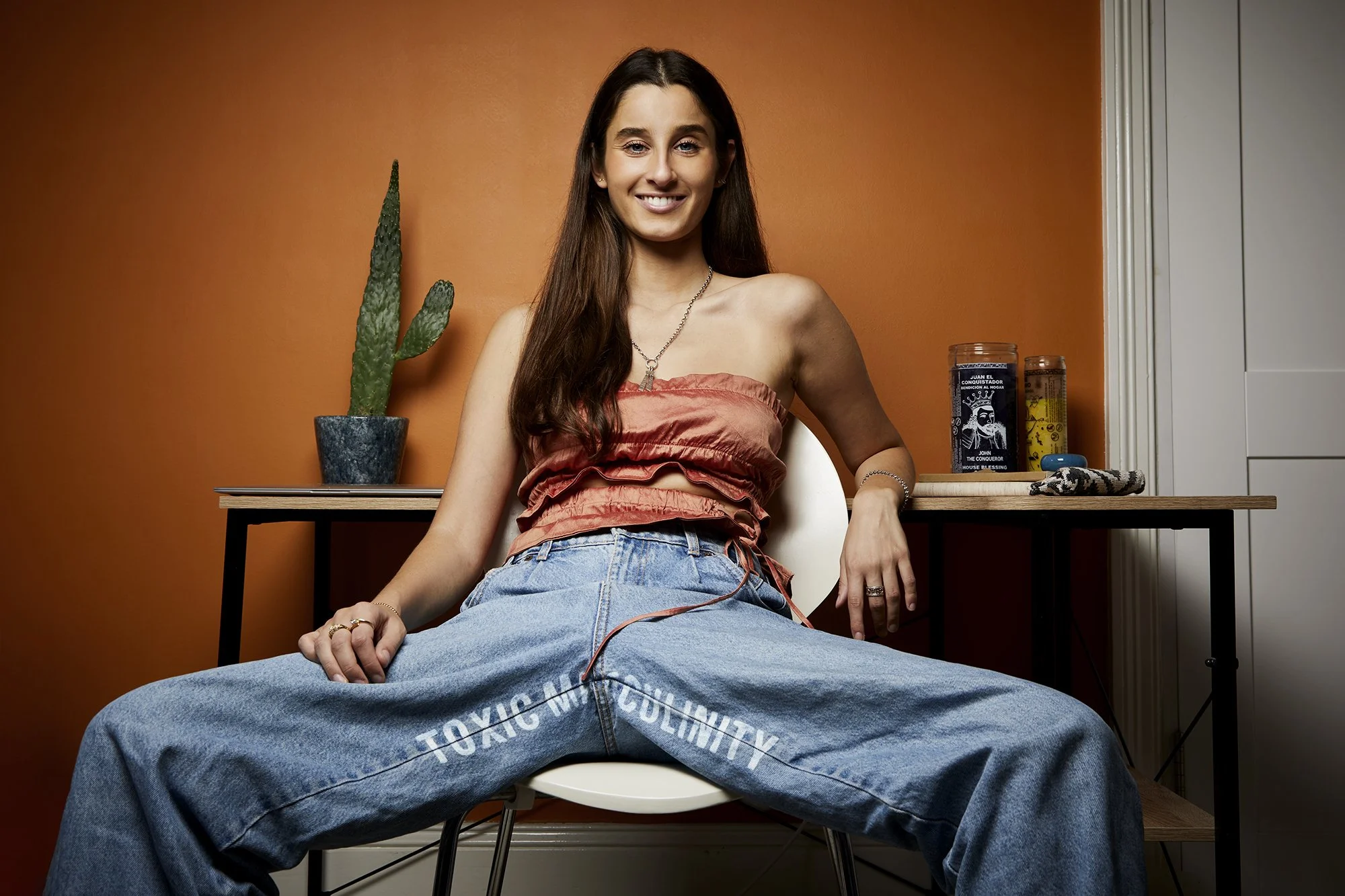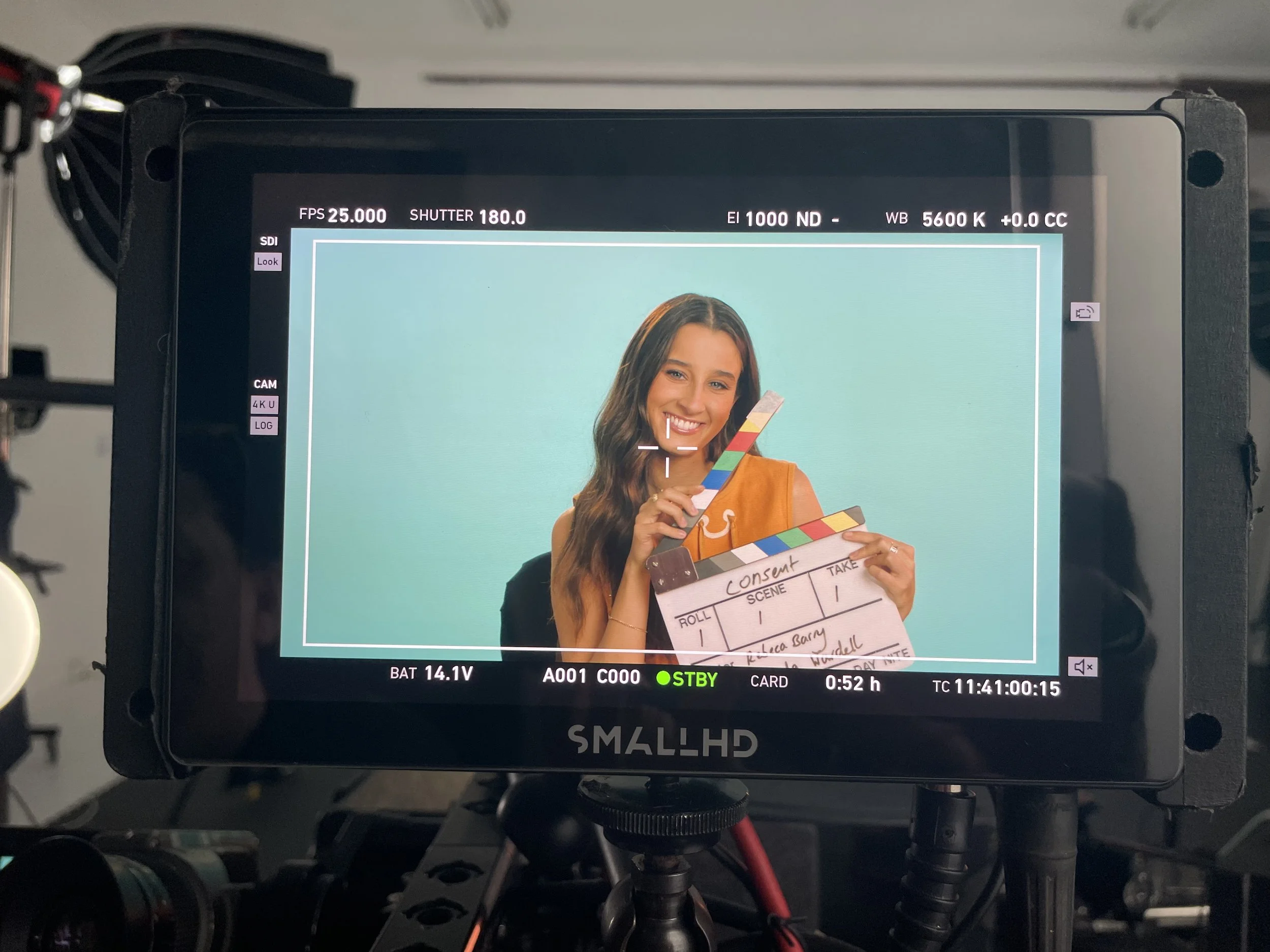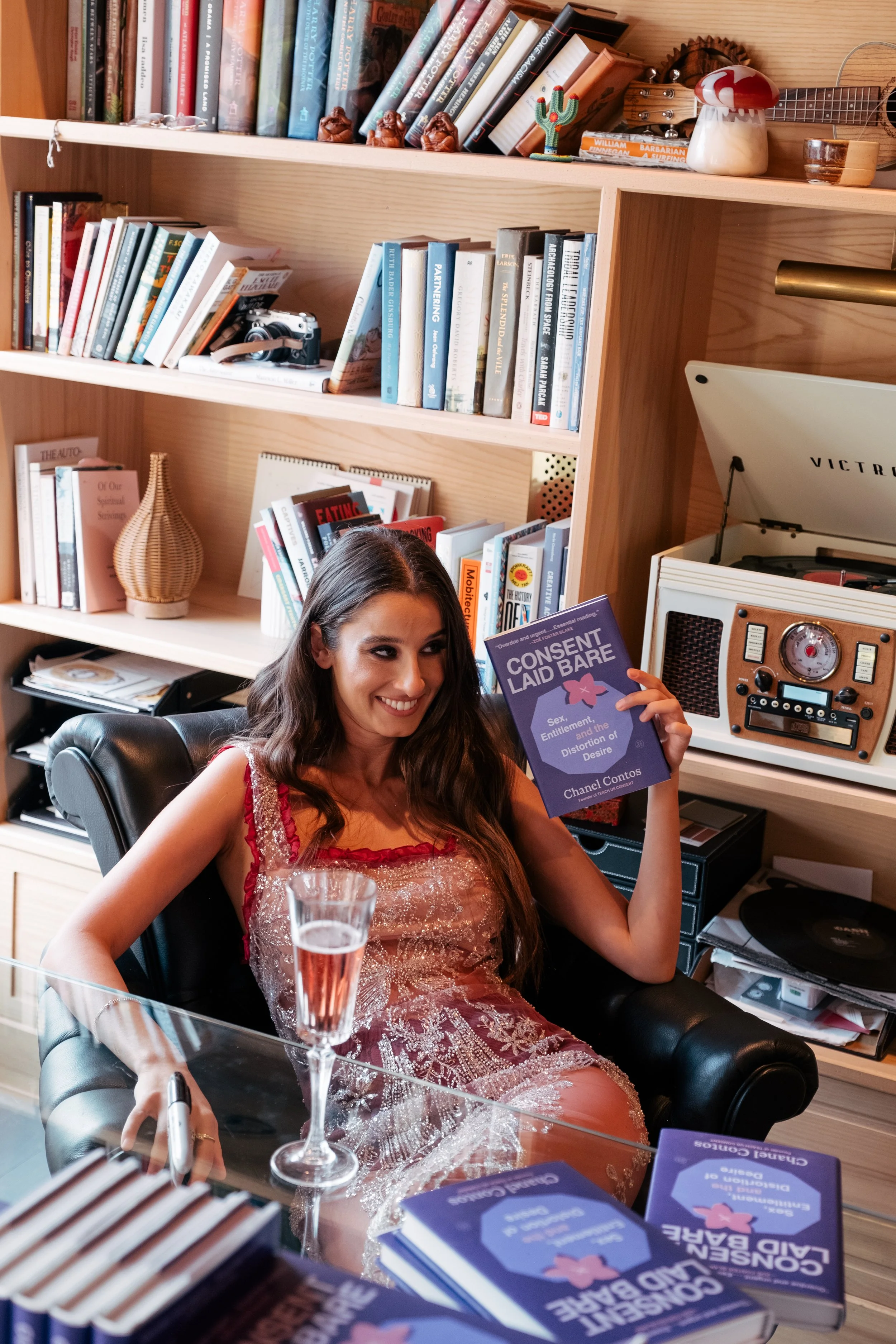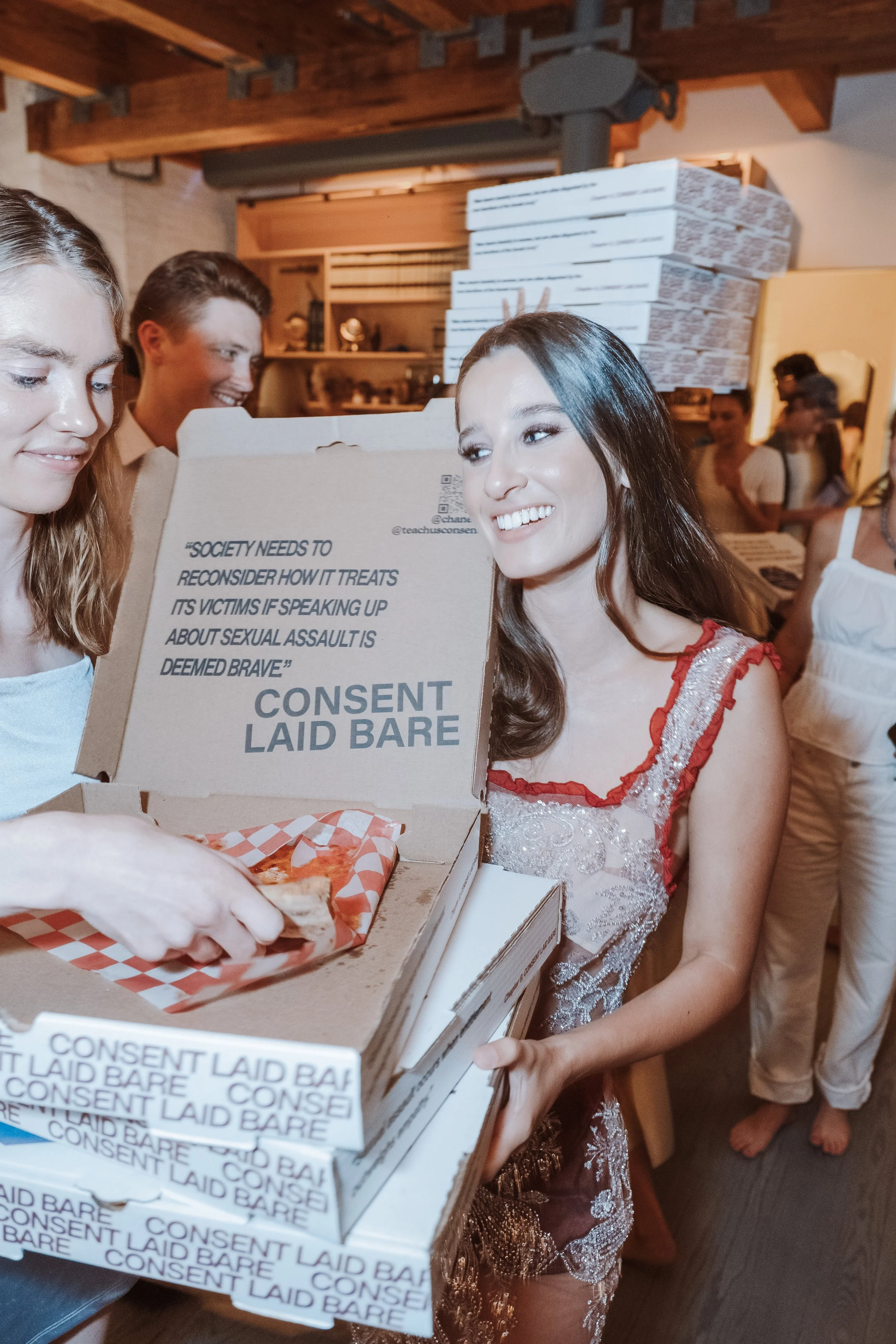Get confident with consent, s*x, and relationships with Chanel Contos
When activist and philanthropist Chanel Contos asked her followers to share their stories of sexual assault, her post went viral. Nearly 7,000 people shared their experiences of surviving sexual violence by people they knew, but virtually none of these incidents had been reported to authorities. Chanel to embarked on a quest to understand why sexual assault is such a widespread issue. In her book Consent Laid Bare, Chanel challenges rape culture and offers tools for redefining consent, challenging gender norms, and equipping young people to combat toxic masculinity.
FEMINIST sat down with Chanel to learn more about consent culture and education:
Chanel Contos is an award winning activist who founded Teach Us Consent, a campaign that mandated consent education in Australia and criminalised stealthing in multiple states and has recently rolled out a $3.5mil resource suite funded by the Australian Government. Chanel has a Masters in Education, Gender and International Development from University College London and a Masters of Public Policy from Oxford University. In 2022, Chanel was named by the BBC as one of 100 Inspiring and Influential women worldwide.
What does feminism mean to you?
To me, feminism means increasing people’s capabilities so that they can meaningfully participate in decisions that affect their lives. For me, my feminism is about providing conditions for dignity and freedom by removing structural barriers of inequality.
We’re so inspired by the work you do at Teach Us Consent. Was there a particular moment or feeling that sparked the fire in you to start this initiative?
There were two pivotal moments that led me to start Teach Us Consent. Both of them were conversations with other women in my life. They were conversations many of us would have been in before, where we shared our own experiences and told the stories loved ones.
The underlying theme was that these were all men we knew who had perpetrated harm against women we knew as boys, and who have gone through their lives with no consequences since.
I think it was the deep understanding of the issue, and a clear solution that made me start the campaign that mandated consent education in Australian schools.
Congratulations on publishing your new book, Consent Laid Bare! Why do you think consent education is so important in today’s society?
Thank you so much - I am so excited!
My research has found that now the majority of sexual violence is perpetrated by youth, on other youth. It’s also shown that most people perpetuate sexual assault out of a sense of entitlement and a desire for instant gratification, rather than out of sadism or malice.
This means that consent education accompanied with a holistic approach to teaching empathy towards women and others can be an antidote to the widespread rates of sexual violence, if it’s taught early enough.
Consent education is more important now than ever in a world where pornography is used as the main form of sex education for young people . Most free and easily accessed porn does not exhibit consent, and to the contrary showcases violence against women. Teaching explicit consent education to counteract these scripts is timely and urgent.
What is rape culture, and where does it stem from?
Rape culture describes a sociological setting in which acts of sexual assault and rape are pervasive and normalised due to societies expectations of, and attitudes towards gender ands sexuality.
It doesn’t stem from a single source but rape culture is embedded in all of our biggest systems. Patriarchy; colonialism; white supremacy; and capitalism - all systems that rely on the dominance of one over another work hand in hand with rape culture.
And then, everyday things like the media we consume; taboos and stigmas around victim-survivors; harmful myths about ‘who rapes’ and ‘who gets raped’; a poorly designed and unjust criminal system; and the relentless objectification of women uphold a system whereby sexual assault can occur without it seeming out of place in our culture.
Why is there a lack of consent education right now? How do we combat this?
Largely because there is a myth that speaking to children about consent will sexualise them and encourage them to have sex.
In reality, evidence shows that teaching holistic consent and sex education increases the average age that people first have intercourse, and decreases the frequency in which they do. In other words, if we increase autonomy, young people will only have sex when they want to (less than they do!).
Some people believe that consent education is contradictory to religious teachings, however it’s actually completely aligned. Consent education should be focused on respect and empathy, and concepts of consent can be taught from a very young age without any sexual connotations (teaching permission asking, accepting, rejecting, and most importantly accepting rejection).
Consent can be taught alongside the notion of ‘no sex before marriage’. Consent is still necessary in marriage, and teaching consent will only empower those who want to wait for intimacy until marriage to do so as it will reduce rates of sexual violence.
Abstinance is a choice, sexual assault is not.
Creating a consent culture requires everybody to be on board. How do we reach young men and educate them about consent?
Young men want to know about consent! They want to know how to engage in healthy intimacy and be good partners. Teach Us Consent recently released a suite of consent education resources and they were engaged with more meaningfully by boys and men than girls and women.
We need to adopt a strength based approach to teaching consent, with the ultimate goal of having happy and healthy intimate relationships, rather than taking a fear-based negative approach of ‘don’t rape’.
We have to bring young men along by hearing them out about their concerns on this topic, and engaging in open dialogue that works toward a better future for all.
What are some effective actions that our community can take to create a better consent culture?
Read Consent Laid Bare and follow @teachusconsent! Use the language it gives you to have conversations with loved ones and important people in your life, and use the prompts for reflection to think about the world around you and how you want to navigate it.







